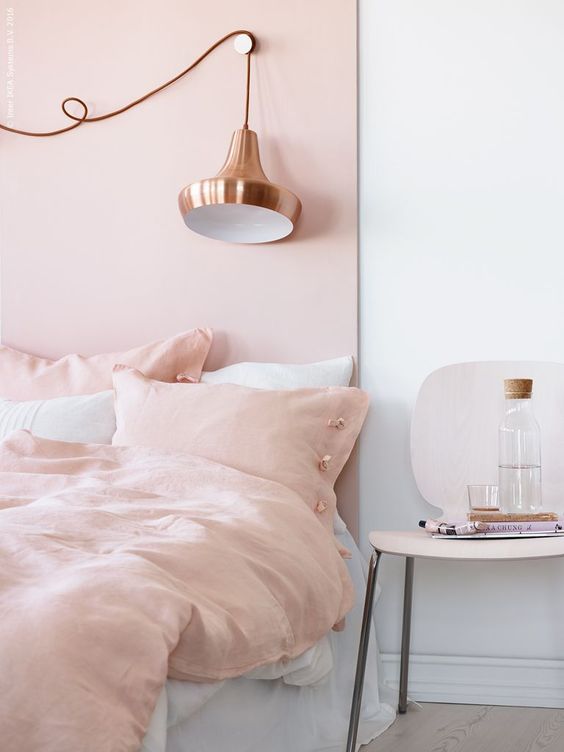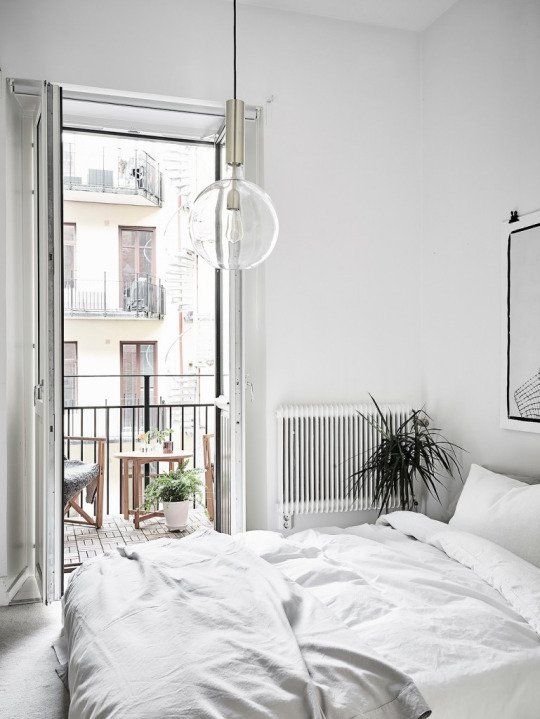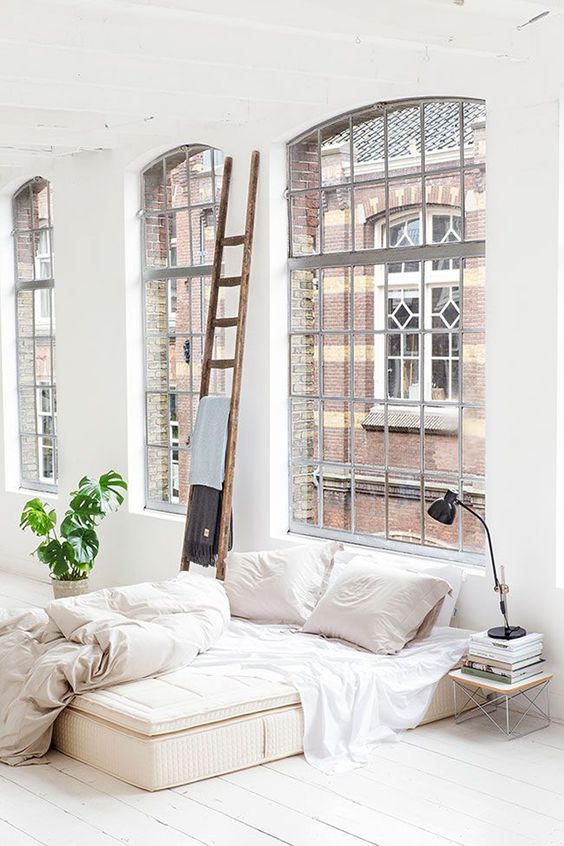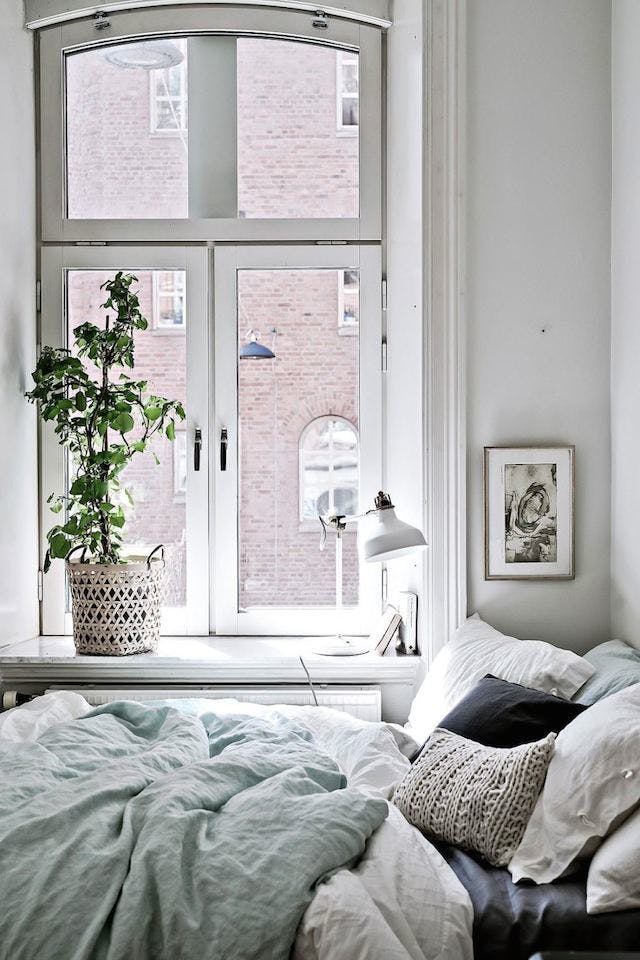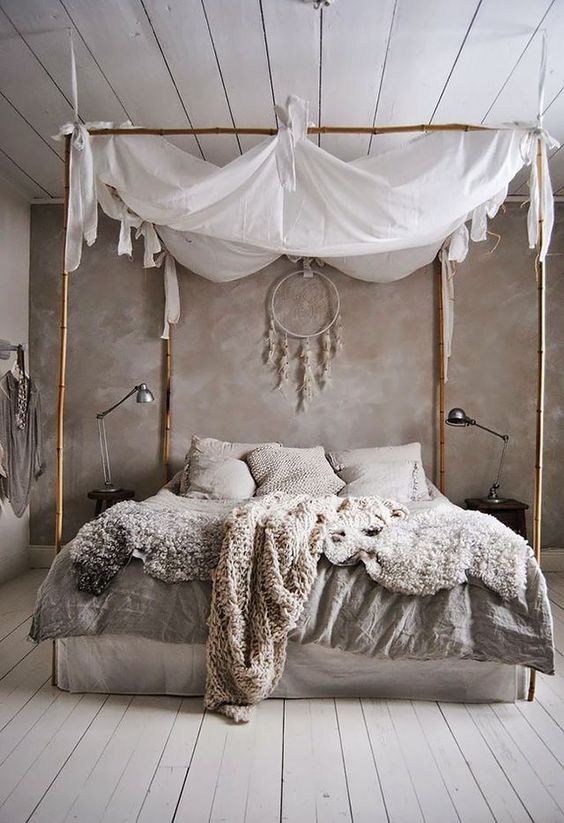How to make your bedroom a better place for sleeping
Ieva Baradouska is a Comfort Expert with mattress specialist Dormeo. Here, she talks about creating the perfect sleeping environment, so you can get a deeper, more restorative night's sleep.
Did you struggle to drift off last night? If so, you're certainly not alone. Britain is one of the most chronically sleep deprived nations in the world, with 37% of all adults claiming they aren’t getting the right amount of sleep each night, according to research from Aviva.
If you’re tossing and turning into the small hours and don’t know what’s causing your insomnia, it's well worth taking a look at the design of your sleeping area. Although many of us don’t realise it, our bedrooms can have a major impact on the quality of our sleep, with factors like lighting, temperature, bedding, sound and even scent all playing a vital role in helping — or hindering — our rest. So, if you think your room could do with an update, read on to learn how to create the perfect sleeping environment.
Keep your bedroom cool – and your bedding cosy
The right air temperature is vital for a good night's rest. Our body temperature drops as we prepare to sleep, and keeping your bedroom cool — ideally between 15–19.5 degrees Celsius — can help to speed up this process. As for bedding, your covers should keep you warm and comfortable without making you too hot: a 10–13.5 tog duvet should be perfect in winter, while a lightweight 4–7 tog style is perfect during warmer weather.
Get rid of artificial light
Mobile phones, computers, tablets and televisions all produce blue-toned artificial light, which disrupts our circadian rhythms and makes it harder to mentally switch off at night. So, you'll want to leave your electronic gadgets out of the bedroom. If you need to keep certain devices nearby (like a mobile phone), then try to keep them in a bedside drawer where they won’t be a distraction. If you like to read in bed using a Kindle, then make sure to switch it to night mode: this will filter out the disruptive blue tones from the screen.
Treat your bedroom as a sleep sanctuary
With space at a premium, our bedrooms often double as an office space, dressing room, or even a home gym. But, cluttering your bedroom with other distractions will make it much harder for your brain to switch off, because you'll associate your space with work or exercise. Using your bedroom exclusively for sleep will help to re-train your brain to associate your room with sleep, so be sure to leave any work or exercise equipment in another part of the house.
Use aromatherapy and scent
If you often find yourself lying awake stressing out about your to-do list, adding some soothing scents to your room could be the solution. Aromatherapy has long been known to help reduce stress and anxiety, so consider investing in a diffuser and some sleep-inducing essential oils: you can learn more about which oils to choose in this guide from Holland & Barrett. Plus, if you use a particular scent every night, your subconscious mind will soon begin to associate that particular smell with going to sleep — meaning you'll soon start to feel sleepy whenever you use that scent.
Sleep plays a vital role in our physical and mental wellbeing, and there's no better feeling than waking up feeling well-rested. So, if you think your sleeping environment needs improving, try incorporating these design tips in your room — you'll soon be enjoying healthier, more restorative sleep in no time.
Sources Left to Right:
Title Image: Coco Lapine Design
Keep Bedroom Cool: Dormeo, Ikea, Basil
Get Rid of Artificial Light: The Design Chaser , My Scandinavian Home
Sanctuary: via Pinterest , Stek Magazine, via Pinterest
Aromatherapy: via Pinterest , The Joy of Plants



